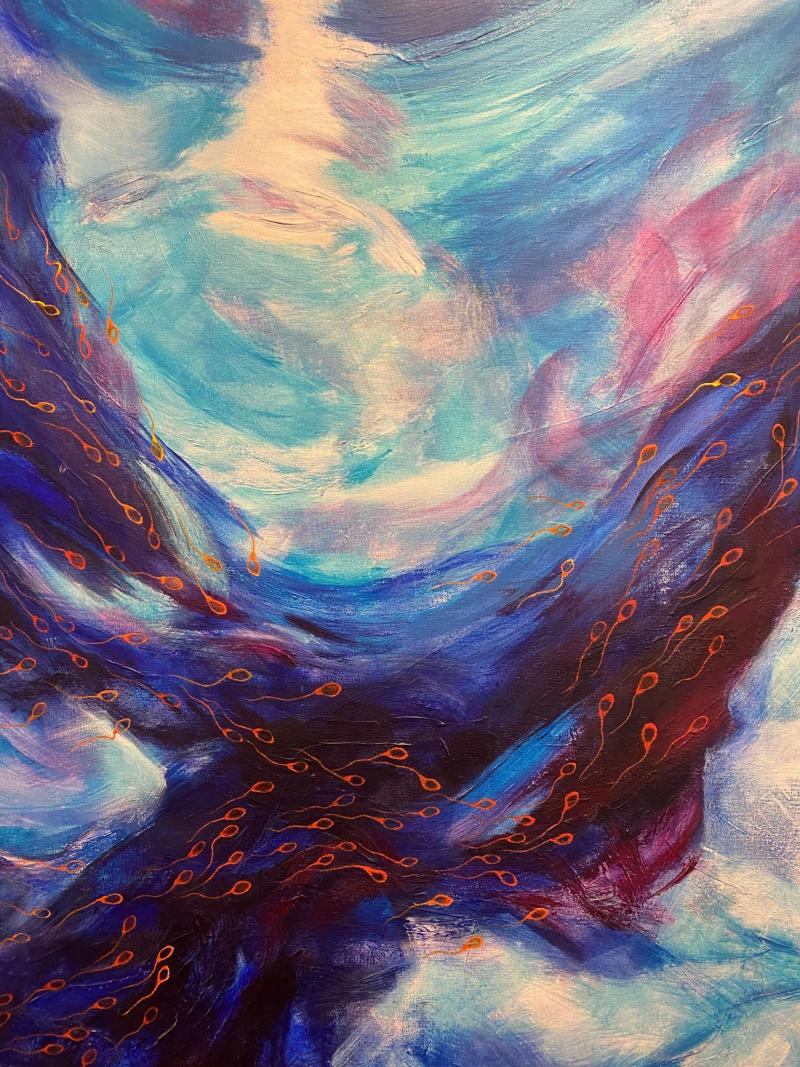Historian Tinne Claes tells the story of the Belgian sperm bank for the first time, from the birth of the first donor children in the late 19th century to the present day. It was a period of great social changes, such as the waning authority of doctors and the commercialisation of medicine, but also the disappearance of taboos, the emancipation of women and the rise of the identity debate. The first fertility doctors only treated heterosexual couples, whom they obliged to keep silent about it. From the 1980s onwards, lesbian and single mothers did tell the truth to their children. After all, there was no man who could go through life as a father. Today, donor children use DNA to search for their biological father.
Years of research preceded the writing of this book, but it is not a classic history book. The past is made tangible through the often moving stories of people whose lives are intertwined with the sperm bank, from doctors to donor parents and donor children.
In this way, the book paints a personal and multifaceted picture, offering the necessary insights to understand contemporary debates and scandals
Photo: ©Tinne Claes
